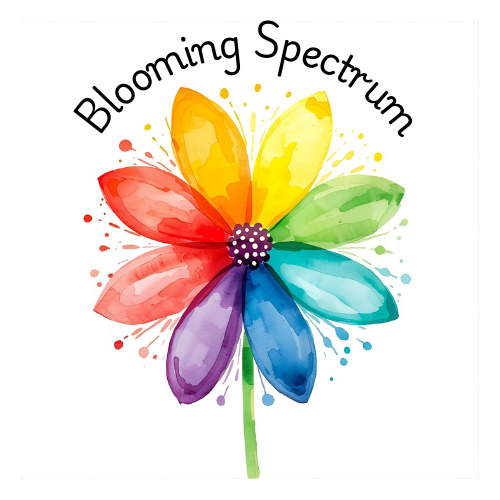IN THIS LESSON
By the end of this module, participants will be able to:
Define autism in simple, inclusive terms.
Recognize that autism is a spectrum.
Identify common challenges and strengths of autistic individuals.
Debunk common myths about autism.
1.1 What is Autism?
Autism, or Autism Spectrum Disorder (ASD), is a neurodevelopmental difference that affects how a person communicates, interacts with others, and experiences the world around them.
Autism is not an illness or something that needs to be "fixed."
It is a natural variation in the way brains are wired — which means autistic individuals may think, learn, and process information differently.
About 1 in 36 people in the U.S. are autistic (CDC, 2023), meaning most businesses serve autistic customers regularly, even if they don’t realize it.
1.2 Autism is a Spectrum
The word “spectrum” means that autism looks different for every individual.
Some autistic people may be non-speaking, while others are highly verbal.
Some may need daily support, while others live independently.
Sensory experiences vary — one person might be highly sensitive to sound, while another barely notices loud environments.
Key takeaway: There’s no single “autism profile.” Your business should be prepared to meet a variety of needs.
1.3 Common Challenges Autistic Customers Face
Sensory overload: Bright lights, loud music, crowded spaces, or strong smells can be overwhelming.
Communication differences: Some may prefer short, clear instructions or use communication apps instead of speech.
Social interaction: Eye contact, small talk, or sudden changes in routine may be uncomfortable.
Processing time: Responses may take longer, not due to lack of understanding, but because of different processing speeds.
1.4 Strengths of Autistic Individuals
Autistic people bring unique skills and perspectives that enrich communities and workplaces.
Attention to detail
Strong memory for facts or routines
Creativity and innovation
Honesty and directness
Passion and deep knowledge in areas of interest
Recognizing these strengths helps businesses see autistic individuals as valued customers, employees, and community members.
1.5 Busting Common Myths
❌ Myth: “All autistic people are the same.”
✅ Fact: Every autistic individual has different needs and abilities.
❌ Myth: “Autism is caused by bad parenting or vaccines.”
✅ Fact: Autism is not caused by parenting style or vaccines. It is a neurological difference.
❌ Myth: “Autistic people don’t want friends.”
✅ Fact: Many autistic people want connection, but may approach it differently.
❌ Myth: “Autism can be cured.”
✅ Fact: Autism is lifelong — support and understanding help people thrive.
1.6 Why This Matters for Small Businesses
Your customers are already autistic or have autistic family members.
Being autism-friendly improves customer loyalty.
It demonstrates inclusion and community care.
Simple changes make a huge difference.

